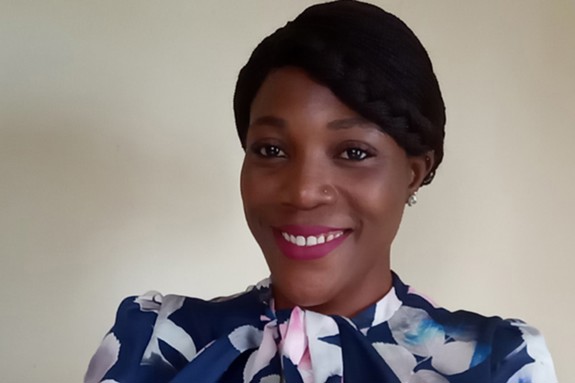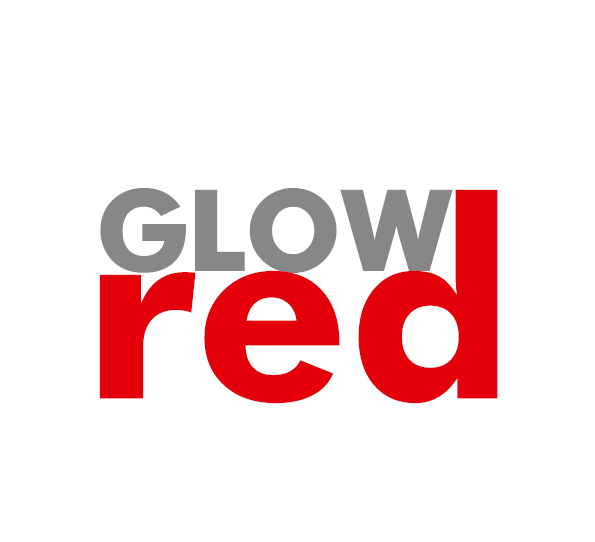“I learn something new every day”
Ifeyinwa is an Environmental Geologist working as a Water and Habitat (WatHab) engineer for the International Committee for the Red Cross in Port Harcourt, Nigeria. “I didn’t know much about the ICRC until I saw an article about their work, and the more I read, the more I developed an interest in joining the humanitarian sector. It offered me an opportunity to advance in my career aspirations while making a real impact on people’s lives.”

“My field is male-dominated, so I am used to being the only female engineer on site. I encourage women to consider a career in this field. My coworkers are wonderful, and I never feel excluded from the team. I had no experience in the humanitarian sector before joining the ICRC, but I learnt on the job and received all the necessary support from my manager and colleagues to become a great addition to the Water and Habitat team. If I can do it, I know many other women can too. ”
”The more women are represented in jobs typically held by men, the more accepted it will be”
While Ifeyinwa only has good things to say about her colleagues, there have been moments working with beneficiaries where she felt resistance to accept her as a woman. “I have found that with time I won over those who initially questioned my authority. I maintained my confidence and continued to contribute to my team’s goals, that is how I gained recognition and respect. I think the more women break barriers and are represented in jobs typically held by men, the more accepted it will be and we won’t have to justify our abilities. It motivates me when I see women in leadership positions. I hope I can inspire others to believe in themselves and achieve what they want.”
“The most rewarding aspect of my job is that I keep developing my skills every day. I work with different engineers and I gain a better overview of the different aspects of our work and constantly expand my own area of expertise.” Water and habitat engineers have many hats: they are responsible for planning, designing and implementing engineering projects. They conduct assessments, survey water and housing needs, and negotiate with local authorities about how the projects should be implemented. “It’s really a team effort and this makes us all better at providing the best possible solutions for the populations affected by armed conflict. Working so closely with my fellow WatHab engineers really helps me explore and develop skills that are useful for the projects that I oversee.”
”I hope I can inspire others to believe in themselves and achieve what they want”
“I am particularly proud of the water supply projects my team put in place in the camps in Maiduguri for Internally Displaced People in 2016. We provided them with clean water and enhanced the resilience of people by providing them with jobs, incorporating them into the project and helping them provide for their families. At the end of 2016 we celebrated the absence of cholera in this camp thanks to our project. It was a huge achievement. I know we truly touched these people’s lives and some of them still call us and keep in touch. They tell us that the projects we put in place are still working well. That makes me proud.”
Ifeyinwa Luciana Nwankwo
ICRC
